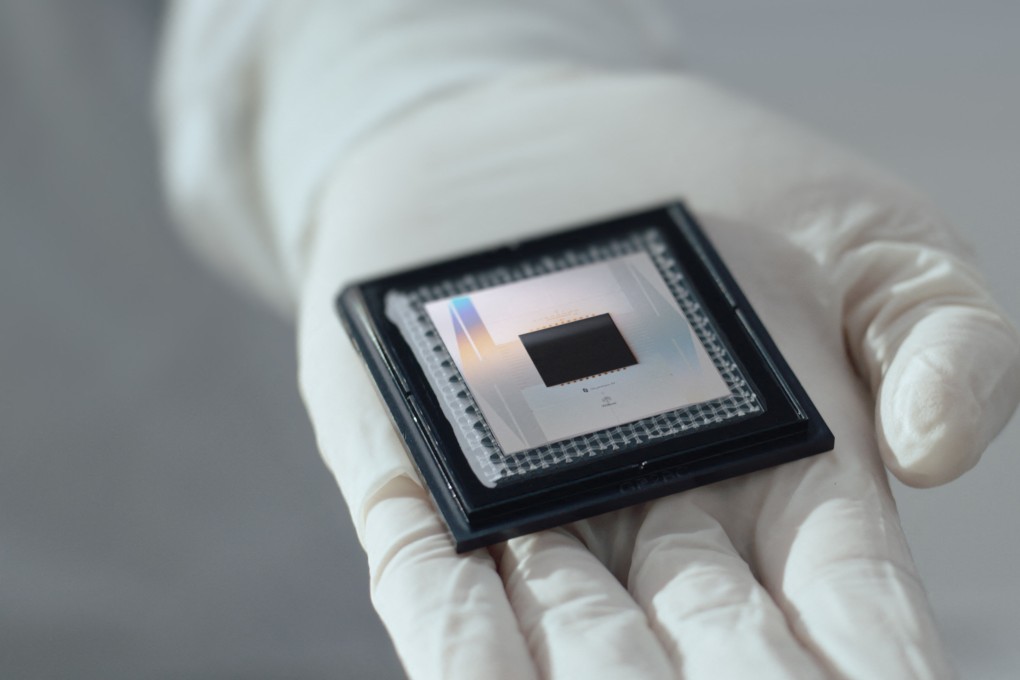My Take | Springtime for China’s engineers and scientists. In US, not so much
As the chip war rages, Chinese firms and institutes have had a boost in state support while their counterparts face crackdowns and restrictions

Out of curiosity, I asked ChatGPT which side is winning the chip war. It replied that it was too early to say, characterising it as “a complex and ongoing situation with no clear winner yet”. Impressive!
But while that may be true at a competitive national level, it seems pretty clear that individually, engineers and researchers in chips and other related tech fields have received a great boost in career and prestige in China, likewise the firms and research institutes that hire them. It’s rather different in the United States.
The situation is not an accident, but rooted in the respective national or state policies of Beijing and Washington. Consider the technical or industrial responses of China to Washington’s chip war. They involve increased domestic production in the semiconductor industry to achieve self-sufficiency; reducing reliance on foreign technology, especially from the US; massive resource commitment to advanced chip research and manufacturing; strategic state subsidies; and ramping up even legacy and less advanced chips.
The latter is necessary both to try to squeeze the most computing power out of older chips – in the absence of the most advanced ones – and to counter US restrictions that now target even less powerful chips and software.
China therefore needs more and more engineers and researchers. Contrast that with US chip policy, which focuses on trade restrictions, sanctions and regulations, not to mention the White House’s crackdowns on elite universities.
They aim to deny China’s access to advanced chips, technology, and manufacturing equipment, and are being applied not only to US firms but those of allied countries such as the Netherlands, Japan and South Korea. As a result, they severely hamper their business in the world’s biggest chip market, as well as their ability to fund future research and development. The latest trade restriction against China will reportedly cover chip design software, also known as electronic design automation. Germany’s Siemens, a big player in this specialised field, will be affected.
